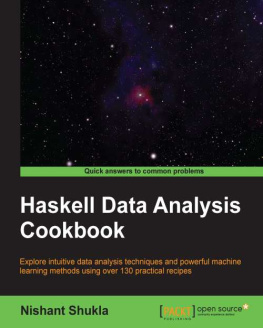James Church - Learning Haskell Data Analysis
Here you can read online James Church - Learning Haskell Data Analysis full text of the book (entire story) in english for free. Download pdf and epub, get meaning, cover and reviews about this ebook. year: 2015, publisher: Packt Publishing, genre: Computer. Description of the work, (preface) as well as reviews are available. Best literature library LitArk.com created for fans of good reading and offers a wide selection of genres:
Romance novel
Science fiction
Adventure
Detective
Science
History
Home and family
Prose
Art
Politics
Computer
Non-fiction
Religion
Business
Children
Humor
Choose a favorite category and find really read worthwhile books. Enjoy immersion in the world of imagination, feel the emotions of the characters or learn something new for yourself, make an fascinating discovery.
- Book:Learning Haskell Data Analysis
- Author:
- Publisher:Packt Publishing
- Genre:
- Year:2015
- Rating:4 / 5
- Favourites:Add to favourites
- Your mark:
Learning Haskell Data Analysis: summary, description and annotation
We offer to read an annotation, description, summary or preface (depends on what the author of the book "Learning Haskell Data Analysis" wrote himself). If you haven't found the necessary information about the book — write in the comments, we will try to find it.
Analyze, manipulate, and process datasets of varying sizes efficiently using Haskell
About This Book- Create portable databases using SQLite3 and use these databases to quickly pull large amounts of data into your Haskell programs.
- Visualize data using EasyPlot and create publication-ready charts
- An easy-to-follow guide to analyze real-world data using the most commonly used statistical techniques
If you are a developer, analyst, or data scientist who wants to learn data analysis methods using Haskell and its libraries, then this book is for you. Prior experience with Haskell and a basic knowledge of data science will be beneficial.
What You Will Learn- Learn the essential tools of Haskell needed to handle large data
- Migrate your data to a database and learn to interact with your data quickly
- Clean data with the power of Regular Expressions
- Plot data with the Gnuplot tool and the EasyPlot library
- Formulate a hypothesis test to evaluate the significance of your data
- Evaluate the variance between columns of data using a correlation statistic and perform regression analysis
Haskell is trending in the field of data science by providing a powerful platform for robust data science practices. This book provides you with the skills to handle large amounts of data, even if that data is in a less than perfect state. Each chapter in the book helps to build a small library of code that will be used to solve a problem for that chapter. The book starts with creating databases out of existing datasets, cleaning that data, and interacting with databases within Haskell in order to produce charts for publications. It then moves towards more theoretical concepts that are fundamental to introductory data analysis, but in a context of a real-world problem with real-world data. As you progress in the book, you will be relying on code from previous chapters in order to help create new solutions quickly. By the end of the book, you will be able to manipulate, find, and analyze large and small sets of data using your own Haskell libraries.
James Church: author's other books
Who wrote Learning Haskell Data Analysis? Find out the surname, the name of the author of the book and a list of all author's works by series.

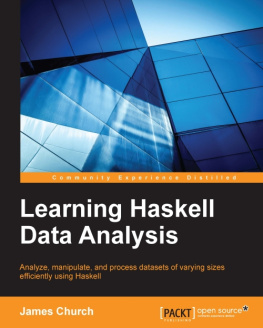





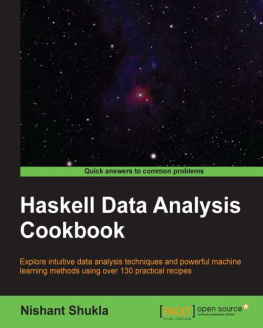

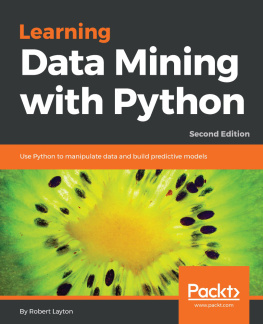
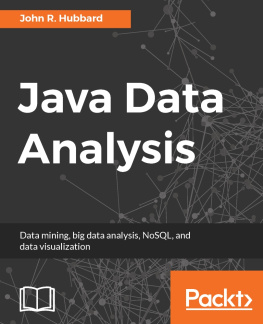
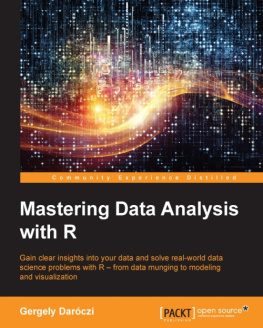
![Will Kurt [Will Kurt] - Get Programming with Haskell](/uploads/posts/book/116897/thumbs/will-kurt-will-kurt-get-programming-with-haskell.jpg)
